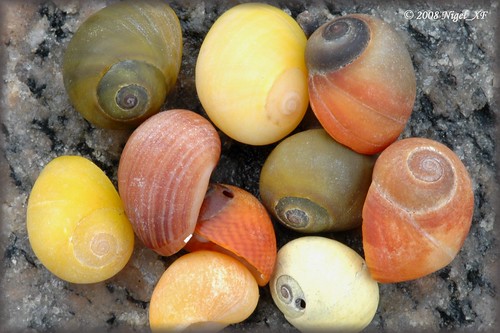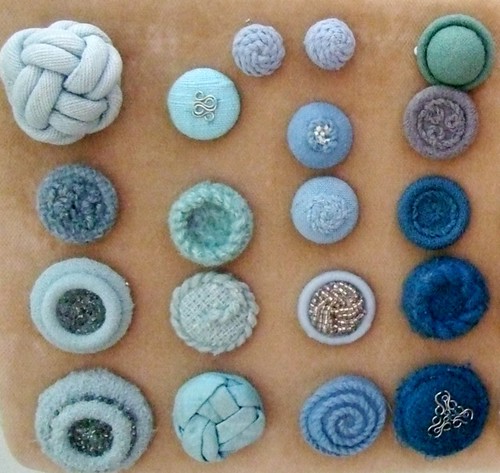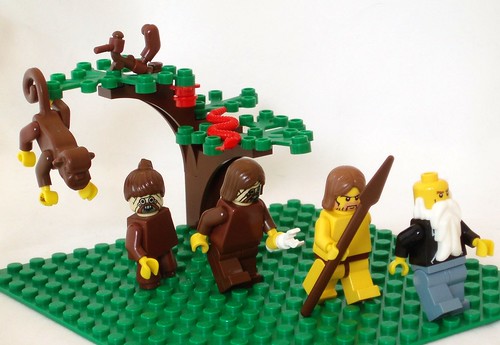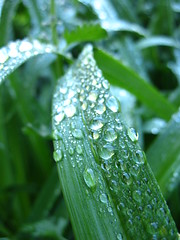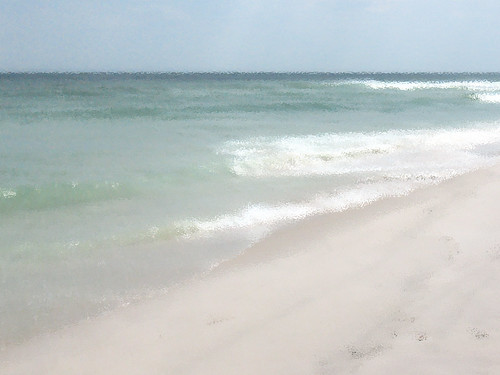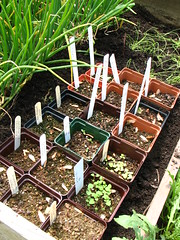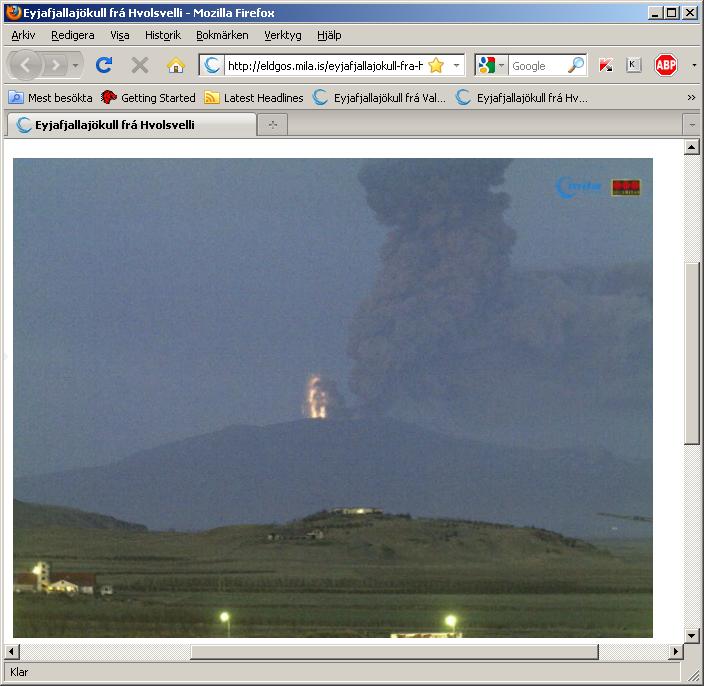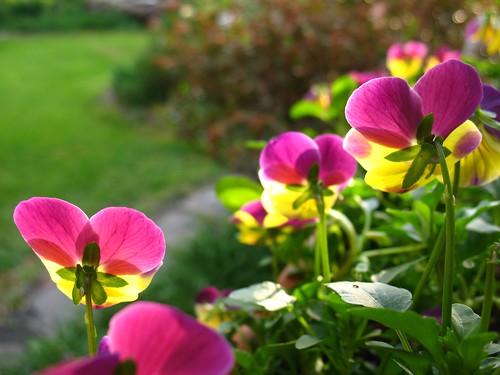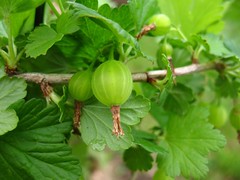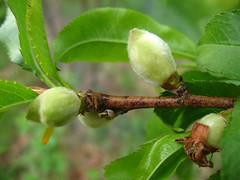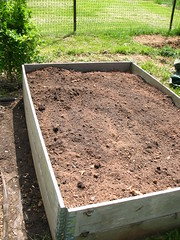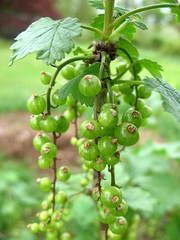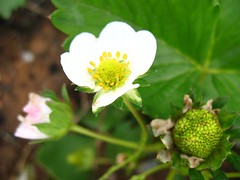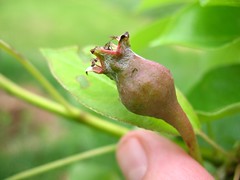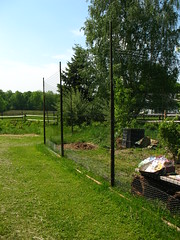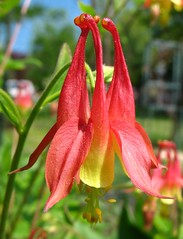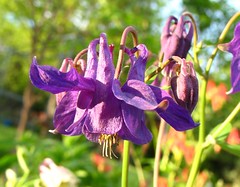Jill Ker Conway has written two memoirs, both of which are excellent but maybe not of interest to everyone. The first one is called The Road from Coorain, and describes her upbringing in the 1930s on a drought-stricken sheep farm in rural Australia and her subsequent move into to the city to be able to attend higher education. It also describes her difficult relationship with a mother with mental and control issues. When that book ends, Jill has just accepted a graduate school position in Boston, USA, so she is about to move to the other side of the world.
 The second book, True North, describes her experience as an immigrant and academic, first in the US, and later in Canada. It is a wonderful book, and it describes in detail how it was (and sometimes still is) to be a female in a male-dominated university environment.
The second book, True North, describes her experience as an immigrant and academic, first in the US, and later in Canada. It is a wonderful book, and it describes in detail how it was (and sometimes still is) to be a female in a male-dominated university environment.
As a historian Jill focused on women's roles and attitudes in the 1800s and 1900s, and she eventually became one of the most cited authors in this field. She also describes how it was to live with her husband's mental illness (bipolar), how to stand the Canadian winters, struggles with the old guard when it comes to improve and renew university courses, and how she eventually first became a vice-president at University of Toronto (at 37) and then the president of Smith College in the US when she was only 40 years old. It is a gorgeously written book, and many times I recognize my own experiences in what she writes. It is a wonderful book about love, immigration and emigration, feminism, sexism, and teaching.
Here is a little excerpt - Jill has just arrived in the US and been introduced to three female graduate students that will become some of her best friends at Harvard:
"The conversations all evening were so easy I took to them like an addict to a drug. I'd never lived in a place where I didn't have to censor my words and edit my emotions. In Australia, one mustn't offend by being too abstract. Puns based on too much learning would certainly fall flat. Double entendres based on several languages would miss the mark. Admitting that one wanted to be a great scholar, perhaps the best in one's field, just wasn't done. It was a shameful secret to hide behind a well-polished exterior carefully contrived from the pages of Vogue and Harper's Bazaar. Suddenly I could say whatever came into my mind, not just to a lover, but to a group of people like myself. I wasn't quite sure when would happen if I began to express my innermost thoughts, but I could feel the surge of adrenaline that the very idea of actually being myself set going."
This reminds me of when I came to the US. For the first time I felt free of society's 'how you are supposed to be'-rules, frequently imposed by friends, teachers, media, and so on. In Sweden
the Jante law was in full blossom, and when I arrived in America nobody knew who I really was, what my background was, what I was supposed to be, so I could shed any image and start afresh. It was wonderful! And people here are so tolerant and curious about you in a very good way.
The image of the US in Sweden are often shallow and based on commercial and entertainment interests (Hollywood, music, TV series, New York cabs, crime statistics, crazy presidents), but the truth is that this is a diverse country with enormous possibilities for people to do what they want. Of course there are horrible and unfair things here too, all I am saying is that the image of US is simplified in many countries abroad (and vice versa). The same thing goes for the image of Sweden when you are in other countries. The reality is always more gritty and complex than many of us want to admit. It is so much more convenient to simplify and not deal with the complexity of it all.
I recommend this book to anybody that teaches at a university or college, anybody interested in history and the role of women in society, anybody that has ever moved from one country to another for a longer time, and for anybody that want to read something good and intellectual. This is not an easy-read crime story for entertainment; this book is about life and it is complex, just as life is. Thanks Jill for sharing!
